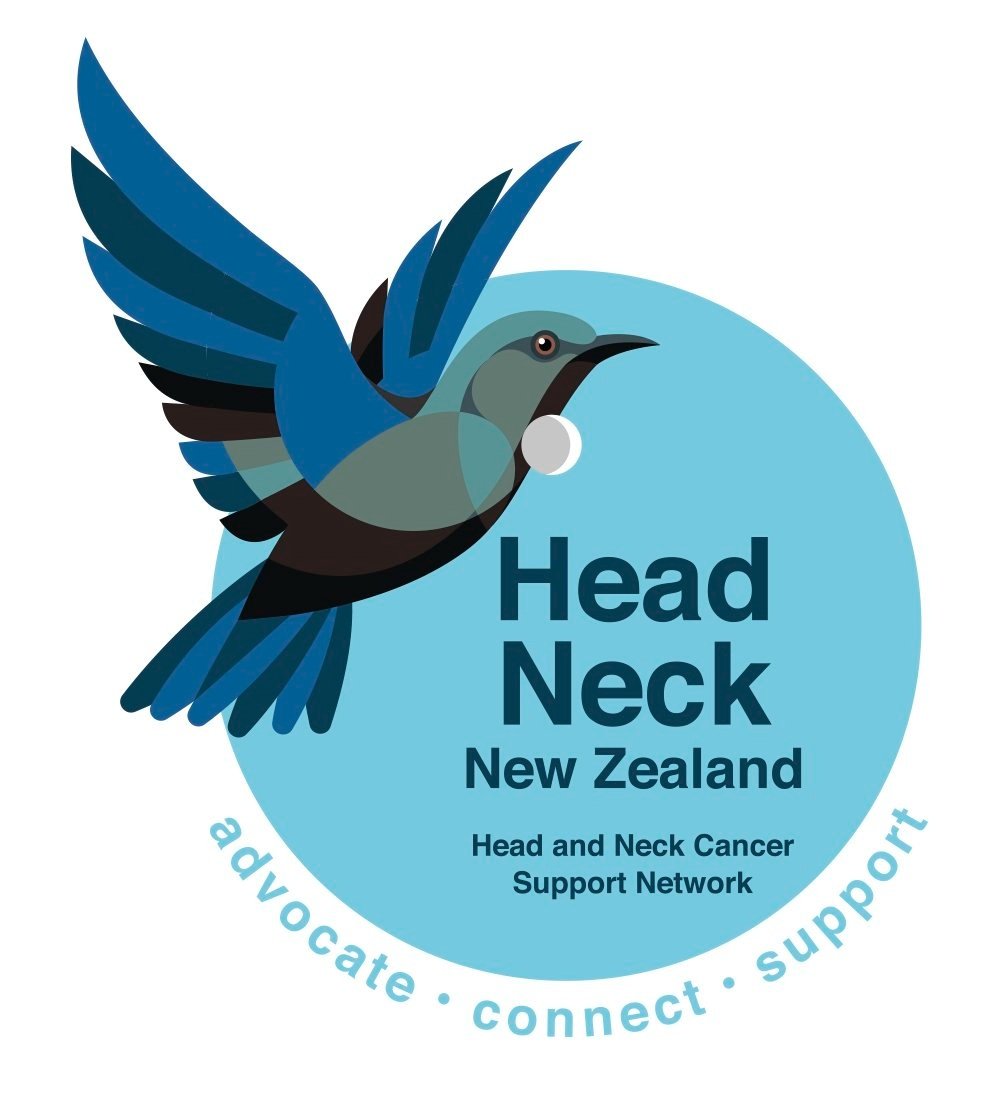In this part of the toolkit, you will find approaches for using communication skills to support your loved one in their cancer journey.
There are two key areas of communication.
1. Communicating with your loved one.
2. Communicating with health care providers.
Communication is one of the most powerful tools a caregiver can use when supporting a loved one with head and neck cancer.
Clear, compassionate, and effective communication can strengthen relationships, reduce stress, and ensure that both patients and carers feel heard and understood.
It also plays a crucial role in navigating the healthcare system, advocating for appropriate care, and fostering positive interactions with medical professionals.
For many caregivers, however, communication can be challenging. Patients with head and neck cancer often experience difficulties with speech, swallowing, and facial expressions due to their treatment. These physical changes can make everyday conversations more complex, requiring patience and adaptation. Emotional barriers, such as fear, frustration, or grief, can also affect communication, making it difficult to express needs, ask for help, or engage in discussions about treatment and well-being.
At the same time, effective communication with healthcare providers is essential for ensuring that the patient receives the best possible care. Caregivers often serve as advocates, gathering information, asking questions, and coordinating treatments. Navigating medical jargon, understanding treatment options, and conveying the patient’s concerns can be overwhelming. However, by developing strong communication skills, caregivers can play a key role in helping their loved ones receive the support and care they need.
This section of the caregiver guide will provide practical strategies for improving communication with both patients and healthcare teams. You will learn how to,
Listen actively to your loved one’s needs and concerns, even when words are difficult to express.
Use alternative communication methods, such as writing, gestures, or communication apps, to bridge any gaps caused by treatment-related speech difficulties.
Ask clear and informed questions when speaking with doctors, nurses, and therapists to ensure you fully understand treatment options and care plans.
Express your concerns assertively but respectfully, so that healthcare providers take your input seriously while maintaining a positive working relationship.
Manage emotional conversations, particularly when discussing prognosis, treatment decisions, or end-of-life care.
Effective communication is not about having all the right answers—it is about creating a space where understanding, empathy, and collaboration can thrive. By developing these skills, caregivers can build stronger relationships with their loved ones and healthcare teams, making the journey through head and neck cancer more manageable for everyone involved. Here is a good article on communicating your diagnosis from the Mayo Clinic is the USA. It is a highly respected cancer treatment centre. How to talk to your family and friends about a head and neck cancer diagnosis.
CLICK the Additional Resources to find your local support networks.
-
We recommend this video to enhance listening skills. The Art of Listening | Simon Sinek.
A five minute video that is easy to listen to.
-
Head and Neck Cancer Australia have a resource for those patients who cannot communicate directly through speech during their treatment and after. https://www.headandneckcancer.org.au/news/the-challenges-of-communication-after-head-and-neck-cancer/
-
Heres is a list of questions you might want to ask your healthcare provider or lead clinician.
Print the list and you may want to ask different questions at different stages of the diagnosis, treatment, recovery and survivorship stages of the cancer journey.
Questions to ask -
This is a USA based resource. It has many good ideas for you to support your loved one. This article is full of information, you may want to return to it later if you have some issues you want to resolve with healthcare professionals.
The vast amount of information and resources online allows patients and their caregivers to educate themselves in a number of ways:search for specialists
research diseases, medications, and treatments
explore alternatives
learn what others are doing in a similar situation
And health care professionals are moving towards partnership with you to achieve optimal treatment and care.
In this fact sheet are suggestions to help remove barriers and encourage meaningful communication between you and health care practitioners, as well as tips for becoming a true advocate on behalf of the person you care for. https://www.caregiver.org/resource/pathways-effective-communication-healthcare-providers-and-caregivers/tem description
-
A USA based resource with some good ideas.
https://www.headandneckcancer.org.au/health-wellbeing/emotional-wellbeing/The American Heart Foundation has some good advice for managing emotional conversations. https://www.heart.org/en/health-topics/caregiver-support/communication-tips-for-caregivers
-
There are support resources avaliable across Aotearoa New Zealand and Australia. You can access those support services here.
https://www.headandneckcancer.org.au/health-wellbeing/support-groups-for-head-and-neck-cancer/
-
Click here for a quick guide to communicating with health professionals—great tips for those new to the head and neck cancer journey. LINK
-
You can access this excellent resource here.
Or see the Cancer Society website https://guidebook.daffodilday.org.nz/




